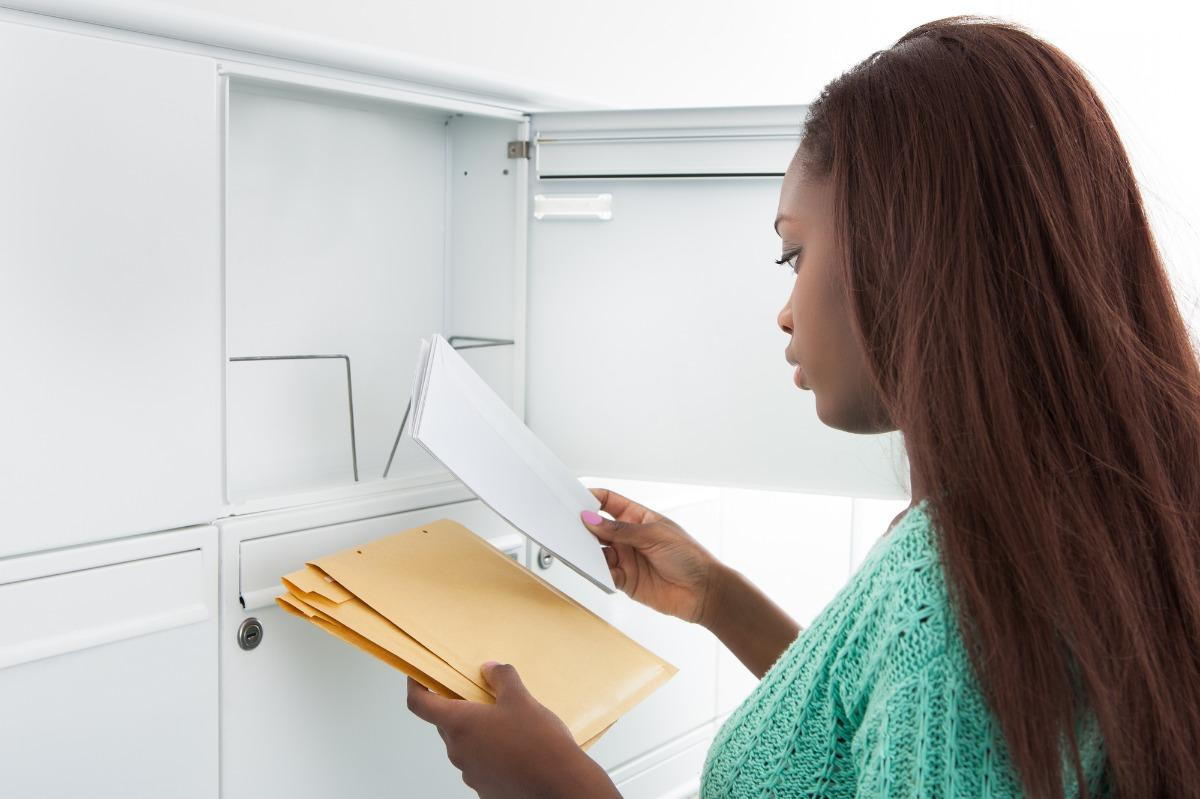
- posted: Oct. 10, 2022
What is the NYC Security Deposit Law?
If you rent in NYC, you know it can be hard to find a place. In the past, you might have been able to pay a larger security deposit to show you’re a serious applicant. However, you can’t do that anymore, and the reason why has to do with NYC’s security deposit laws.
In this blog, we’ll explain what the NYC security deposit law is, what to know about your security deposit during your lease, and what you can expect after your lease term ends.
What’s the Maximum NYC Security Deposit?
So, what exactly is the NYC rule on security deposits? Since a 2019 change in New York City’s rent laws, landlords can only legally charge one month’s rent as a security deposit in addition to the first month’s rent.
By putting a cap on the security deposit amount, the city hopes to reduce the barriers to finding housing in NYC, while also making it more affordable to do so.
However, there are also downsides to this law. Because landlords are limited in the amount they can require as a security deposit, they're less likely to take on the risk of renting to an applicant who doesn't meet all of their requirements, like having strong credit or a certain income. This leaves many renters in New York City searching for a solution, which oftentimes comes in the form of a guarantor.
A guarantor is someone who agrees to pay your rent for the duration of your lease if you fail to do so. This assures the landlord that they will always receive rent payments, making them more comfortable accepting applications that otherwise do not meet their requirements.
What Happens to Your Security Deposit During Your Lease?
If your landlord decides to place your security deposit in a bank, they are required to provide you with the name and address of the financial institution where the deposit is being held. Landlords are also entitled to retain 1% per year on the total deposited to the bank, which is known as an administrative fee.
Landlords of non-regulated units in a building with six or more units are required to pay their tenants interest on their security deposit. The tenant can decide how they would like to receive this interest. For example, it can be deducted from their rent payments, paid to them at the end of the year, or at the end of their tenancy.
Getting Your Security Deposit Back After Your Lease Expires
Once you have reached the end of your lease agreement, your landlord has 14 days to return your security deposit. If deductions are made from this deposit, your landlord is required to provide you with an itemized list of deductions made along with the remainder of the deposit. If your landlord fails to provide you with this within the 14 days, you're entitled to the entirety of the deposit.
Is Your Landlord Illegally Withholding Your Security Deposit?
Your security deposit is valuable. Not only are you entitled to it unless your landlord lays out specific reasons for withholding it, but it’s also essential for making your next timely rental payment, or paying a security deposit for your new apartment.
If your security deposit is being withheld illegally, you need representation you can trust to get it back. If your landlord has withheld your rent, contact Outerbridge Law, P.C. today to schedule an initial case consultation.


